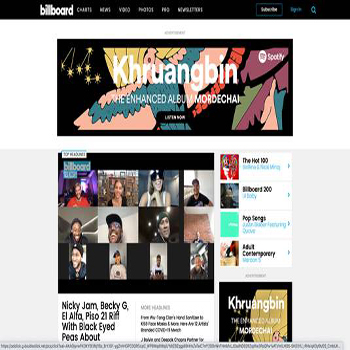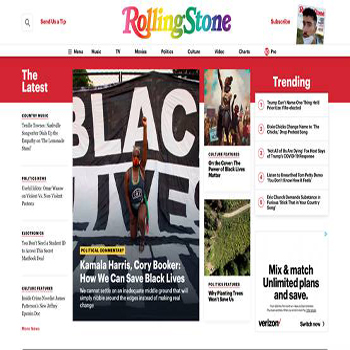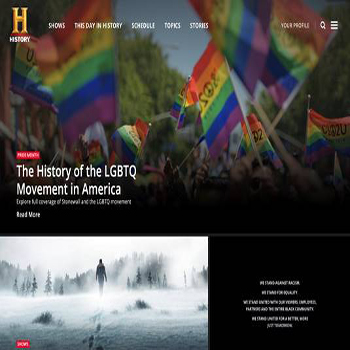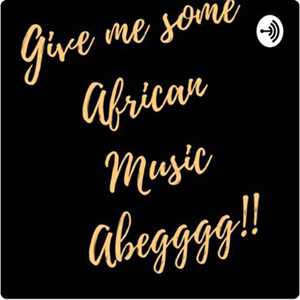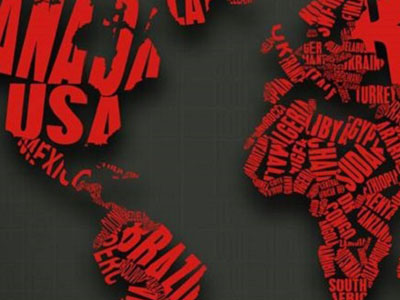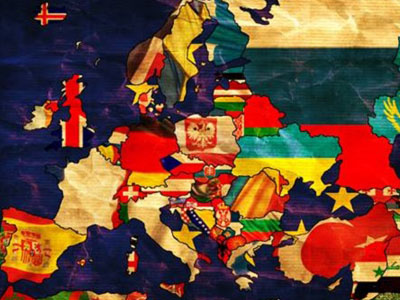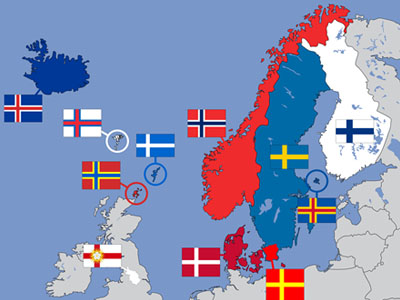How the Ever-Changing Music Industry Remains a Monopoly
HOW THE EVER-CHANGING MUSIC INDUSTRY REMAINS A MONOPOLY


Written for JESPIONNE

Linn Bjork Borgsdottir
Nowadays, if you look back on any industry’s progression over the last ten years, there’s bound to be some major shifts. Perhaps one of the most recognizable characteristics of the 21st century is how the music industry has morphed into something almost completely unrecognizable from its pre-internet structure. Music has been a part of daily life for almost as long as we’ve been on this planet, but only recently have we grown
accustomed to having almost any song available at our fingertips. Music executives were most definitely not prepared for the inevitable disruptions to the industry that the internet age would bring. Digital privacy and copyright protection weren’t exactly solid in the early days of widespread internet use (around the mid 90’s to early 2000s). The ability to share and store anything uploaded to the World Wide Web was


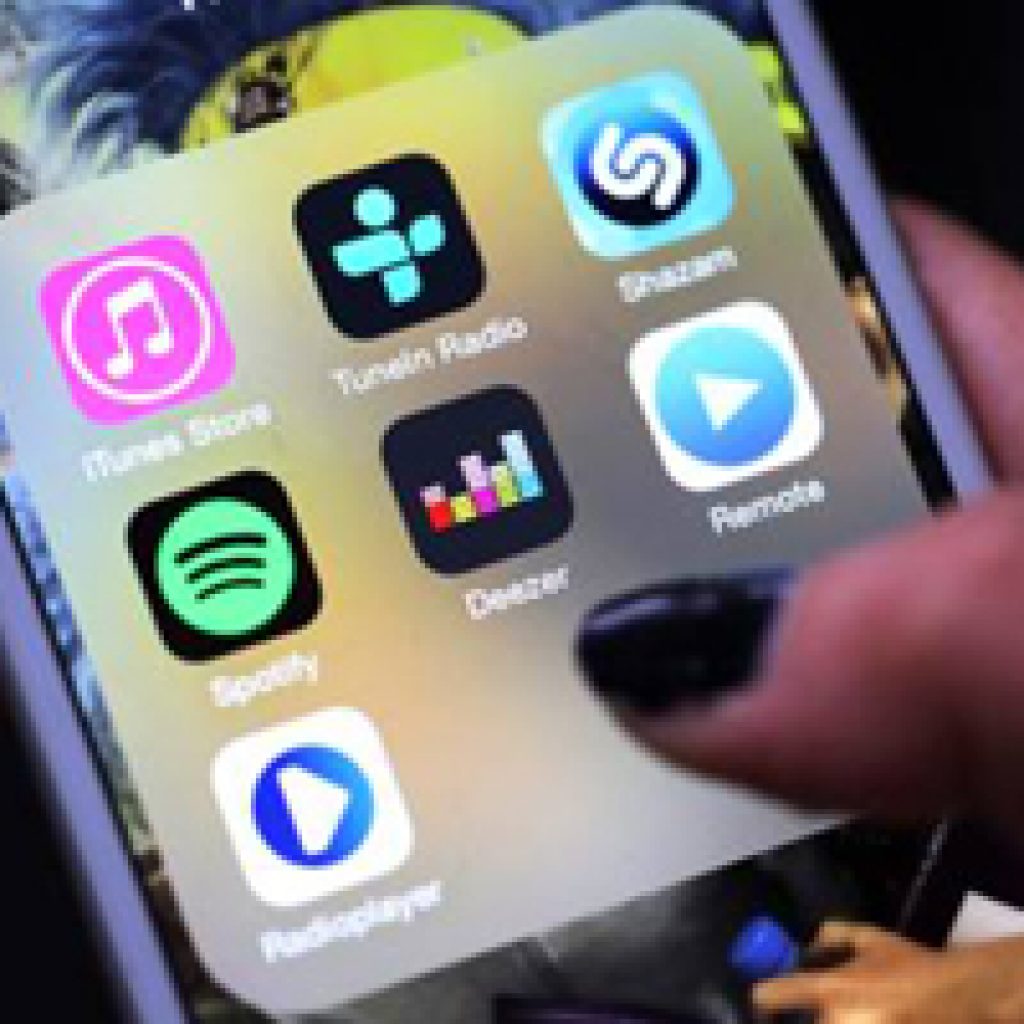
Terhaps one of the most recognizable characteristics of the 21st century is how the music industry has morphed into something almost completely unrecognizable from its pre-internet structure.

July 2020

increasingly threatening to an industry that had previously made most of its money from people paying to listen. Before the internet, to hear your favorite artists’ new record, you’d have to go to the store and purchase it. You would pay to see their live shows instead of watching a shaky concert video uploaded to YouTube. When you would get in your car and listen to your favorite station, music labels were making money from radio play. Now, it’s not uncommon to hear people say “Oh I don’t really listen to radio anymore.” The birth of the CD in the 90’s was soon overshadowed by MP3’s introduction around the turn of the century as a faster, cheaper, and more efficient way to store music. Minor digital piracy almost always goes unpunished because of how easy it is to
download an MP3 file. MP3 essentially made music a lot “freer” than its current structure could afford. All of these developments were contributing factors to the industry’s metamorphosis, as there was no other option but to change with the times. To break things down further, let’s talk about the two of the biggest acts of all time—the Beatles and Michael Jackson. It all started with a collaboration between Jackson and former Beatle Paul McCartney on the lead single for McCartney’s 1983 album “Pipes of Peace” called “Say Say Say.” McCartney is said to have given MJ some advice that he should invest in music publishing. Funnily enough, this would come back to bite McCartney a few years later, however, when he was outbid by Jackson in 1985 when he




Blood & Water is the new teen drama that is joining the plethora of private school and suspense filled tv shows but set in Cape Town. The show centers around a teen girl who is set on proving that a swimming star is at a private school is her abducted sister. Since the show is supposed to be released on May 2oth people have been comparing it other popular teen shows such as Gossip Girl and Elite. Being compared to these TV shows, is a great compliment to show since people are basing it off just the trailer. I’m really excited to see how this show does and what it will become.
purchased the publishing rights to the vast majority of the Beatles’ catalog for $47 million. Jackson was at the height of his financial power, and now made money every time someone bought the Beatles’ music or played it on TV or the radio. This was on top of the other business ventures contributing to his enormous wealth. The potential to capitalize off of music ownership was severely jeopardized by MP3, because there was no way to track all of the illegal downloads that filled an entire generation’s music libraries for years. Luckily, streaming platforms swooped in and saved the day, allowing record labels, publishing companies, and people like Michael Jackson to get their power back. If you’ve been following music news
at all recently, you’ve probably seen countless stories on the online scuffle between Taylor Swift and Scooter Braun, a talent manager and entrepreneur who now owns the rights to her early music. Let’s just say she is not thrilled about it. So what does Braun’s ownership of Swift’s old music mean in this day and age? Social media, streaming, virtual reality, and artificial intelligence technologies have had a transformative impact on how artists put out their music and interact with their listeners. Social media allows music artists to connect with their fans in a much more interactive way, for better or for worse. Streaming platforms like Apple Music and Spotify have somewhat saved publishing companies and people who own the


Apple has also started relief efforts for independent labels by setting aside up to 50 million dollars for independent labels from all over the world. Also, Apple commissioned leading African artists and designers to create the artwork for some of the art covers of the playlists. In South Africa some of the richest people have come together to help people who aren’t currently making any money during this time.
Nathi Mthethwa has given South Africa 150 Million Rand to support citizens that are artists who are in need of relief. If you fulfill the requirements that Mthethwa has placed for those to receive then, you are in luck. If you are not a part of the lucky ones be sure to tell your friends and fans about “Stream Local". One stream could make a difference to anyone during this outbreak. Supporting each other in any way we can will allow us to get through this time.


Reference Article

By JOHN GAPPER for FINANCIAL TIMES
Digital piracy was low down on the list of priorities for music executives at the height of the CD boom in the 90s. The misjudgment would end up costing them billions Share on Twitter (opens new window) Share on Facebook (opens new window) Share on LinkedIn (opens new window) Save Review by John Gapper JUNE 5 2015 0 Print this page When Seagram, the drinks company that owned Universal Music, bought PolyGram for $10.6bn in 1998 — a flawed deal that marked the high point of the recorded music industry — the prospectus warned of the risks posed by compact disc counterfeiting and home-taping. It overlooked the overwhelming threats from the internet and MP3, a growing digital music format. Online piracy and the ability of anyone with some technical knowledge and access to servers to distribute thousands of free copies of a digital file has since battered other media industries, but music remains an outlier. Even compared with the film and publishing industries, its fate was traumatic. From the height of the CD boom in the 1990s, when executives such as Doug Morris, then head of Universal, controlled a geyser of cash from recording artists, it was laid low by file-sharing and piracy.
Only now, with the steady rise of paid-for music streaming, is it starting to grow its revenues again, but from a much smaller base. The industry’s troubles did not garner much sympathy. A generation brought up on free music regarded the music bosses as overfed dinosaurs, and believed that downloading was not stealing. As it struck back by taking legal action against the small fish, Big Music lost its money and its credibility. In How Music Got Free, Stephen Witt explores what went wrong. His characters range from Morris and Karlheinz Brandenburg, one of the German developers of the MP3 format, to Dell Glover, a worker at a PolyGram CD manufacturing plant in North Carolina, whose “heavy eyelids gave his face a look of perpetual indifference” and who became the key supplier to a pirate network that ripped unreleased CDs and put them online. Glover happened to have a tinkerer’s interest in anything “with engines or circuitry”. He was the antithesis of the fast-talking music executives whose industry he came to undermine.
READ MORE >>

OKAY AFRICA


REFERENCE SOURCES


PODCAST


SOCIAL MEDIA

Photos by
Daian Gan / Daria Shevtsova / Una Laurencic / CC photo by cea + / CC photo by Pedro Ribeiro Simões / CC photo by Incase / wayoutradio / CC photo by Irina
TAGS
France / Francophone / Culture / Art / Gallery / Art dealers / Berthe Weill / Magda Danysz / Almine Rech / Europe / Women / History / International

July 1 st, 2020



















